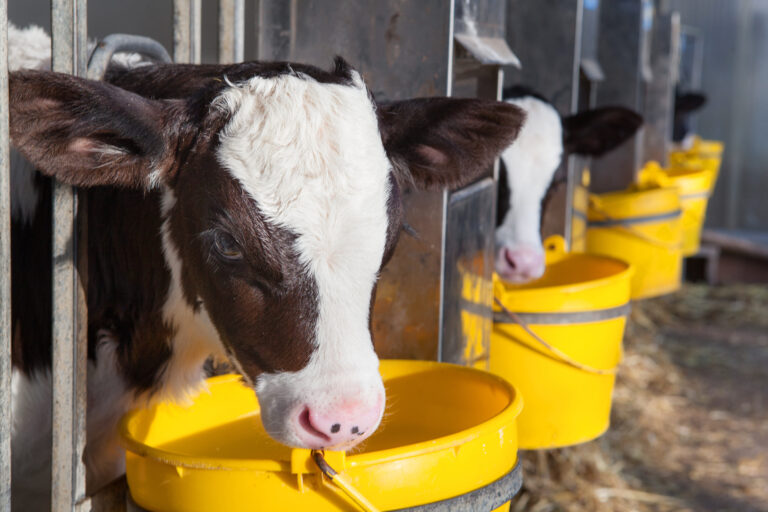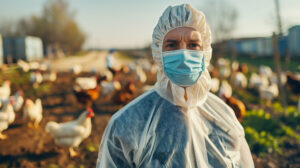California’s “Proposition 12,” allowing only food from farm animals housed under specific standards to be sold in the state, went into full effect on January 1, 2024. While the regulation applies to sales in the state of California in the U.S., it impacts every producer in any country who wishes to sell pork, egg, or veal products into the state.
Additionally, it’s not the only state putting such limits in place that impact the entire food industry. While the laws vary from restrictions on in-state gestation crates for hogs to California’s full ban on sales of pork, eggs and veal from animals held in “extreme confinement” in or outside the state, they have extensive impact. Currently, at least 15 states have passed policies on farm animal welfare, with the most common focused on the in-state use of animal confinement in pork, veal, and egg production; and by 2026, hog gestation crates will be banned in 10 states, which is expected to equate to 17% of U.S. pork producer operations.
Canada, itself, has also set animal regulations, with the latest passed in late 2022 and early 2023, when three Canadian Codes of Practice (veal cattle, pullets/laying hens, and bison) underwent a five-year review. Additionally, the Canadian pig code of 2014 comes into effect July 1, 2024, requiring that mated gilts and sows be housed in groups, pens, or in stalls if provided with “periodic exercise”; and by 2029, all farms are to be converted to enable group housing, with the periodic-exercise housing discontinued.
In addition to its own regulations, Canadian producers will feel the impacts of U.S. regulations, as Canada was the fastest growing exporter of pig meat for the U.S. between 2020 and 2021, and exported $960M in pig meat to the U.S. in 2022. Canada also is one of only two countries authorized to export egg products to the U.S.
The U.S. regulations, however, continue to be mired in controversy. Despite a Supreme Court ruling upholding California’s right to limit sales in its state, a bill, S.2019 Ending Agricultural Trade Suppression (EATS) Act, is pending in U.S. Congress to disallow a state’s right to “impose a standard or condition on the pre-harvest production of any agricultural products sold or offered for sale” if produced elsewhere. Additionally, a coalition of Attorneys General of 16 states submitted a letter to Congress decrying the Supreme Court decision and supporting the EATS Act, stating that “California’s radical climate change agenda does not account for farmers’ basic needs.”
There are also some significant issues with the foreign enforcement of California’s Prop 12, in that it requires tracing of the products back to the source and inspection of the facilities to ensure compliance. And “Canada would never allow that,” said Canadian Pork Council Executive Director Stephen Heckbert in an AgInfo Network article. There is a free trade agreement between Canada and the U.S. which governs commerce between the countries, “not a state regulation.”
If California’s regulation were to supersede the national standard, companies that produce related product will need to determine how they will manage the limited options the law elicits. Some may simply decide to not sell into California – or potentially pull product from the entire U.S., while those that wish to continue sales would need to change their production policies to comply and make some tough decisions, such as
- Given the expenses, do you pass a along a price increase to consumers? If so, how do you deal with outcry on that? Or do you scrimp elsewhere to try to make up for it?
- What about the likelihood of reduced availability due to firms that couldn’t or wouldn’t comply? Do you expand your operations to increase your output?
It is tough enough ensuring your production meets with the regulations of all the various countries into which you sell, having to meet a variety of regulations within a country (e.g., the U.S.) can increase that complexity 50-fold. But it’s not undoable. And TAG Canada has regulatory and animal welfare experts who can help.





